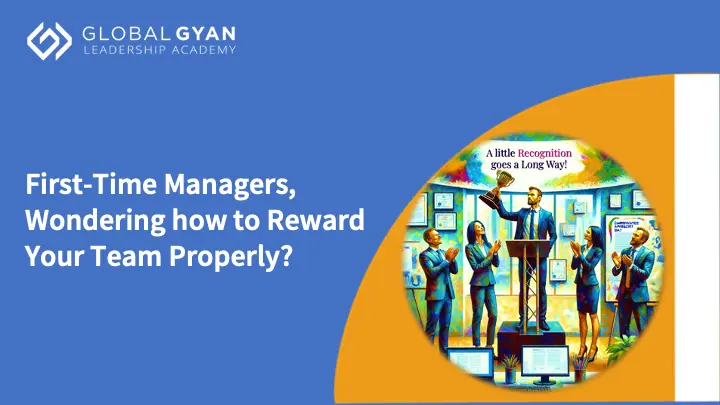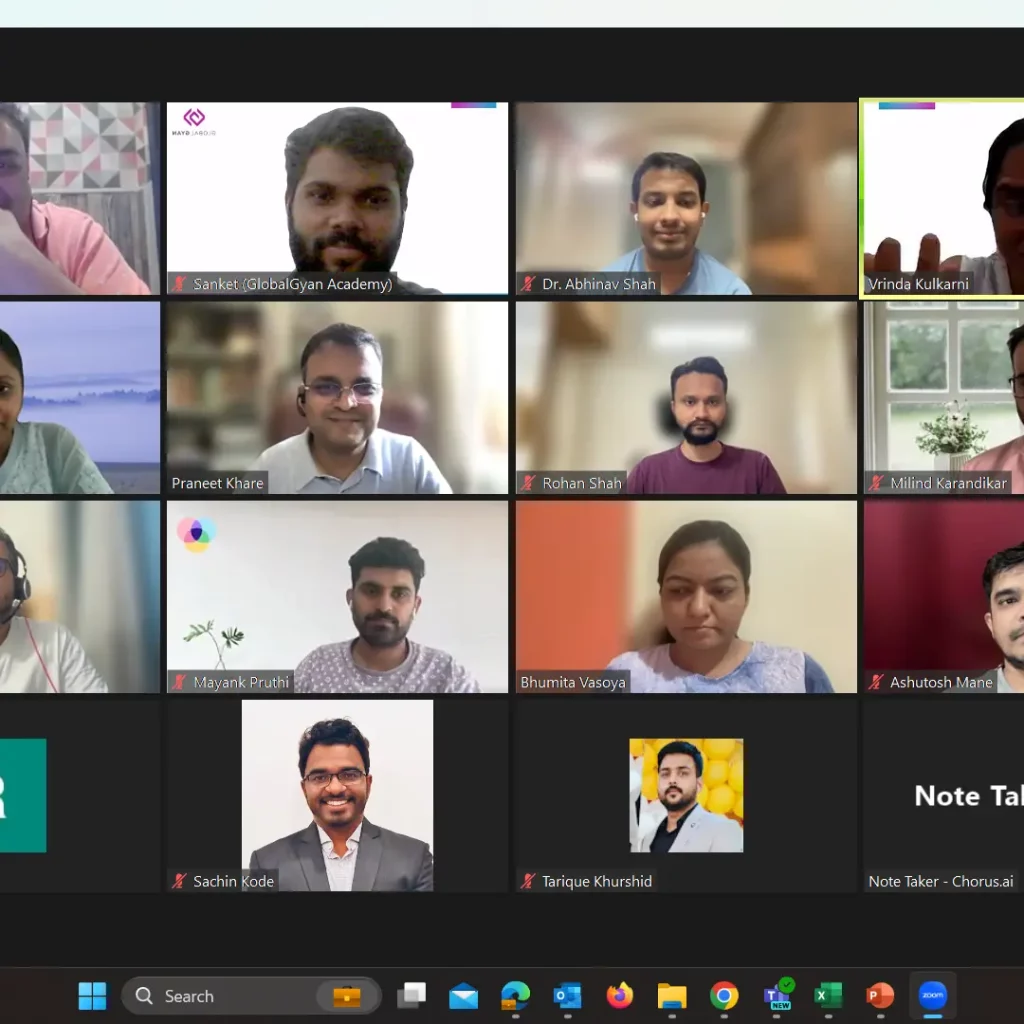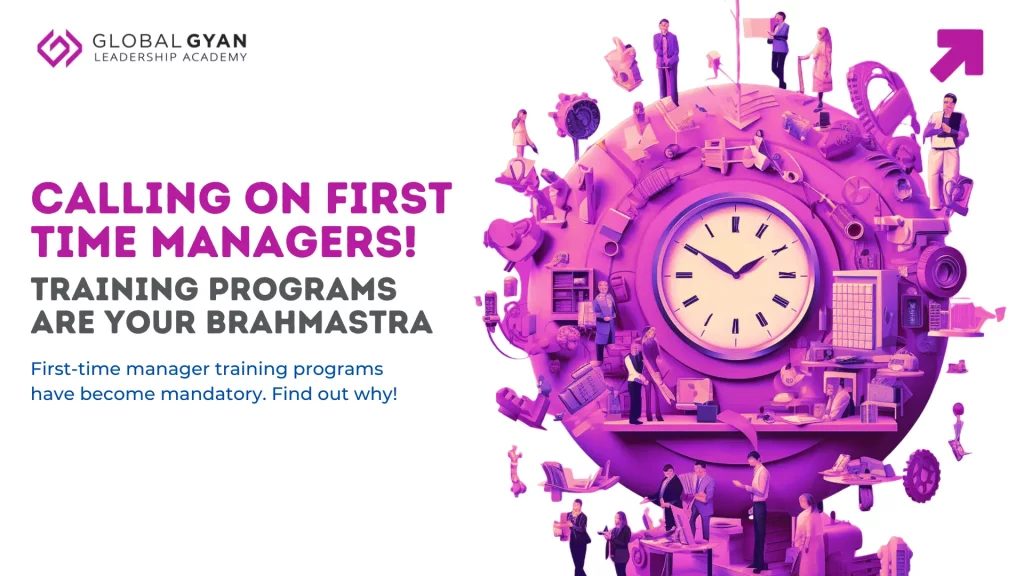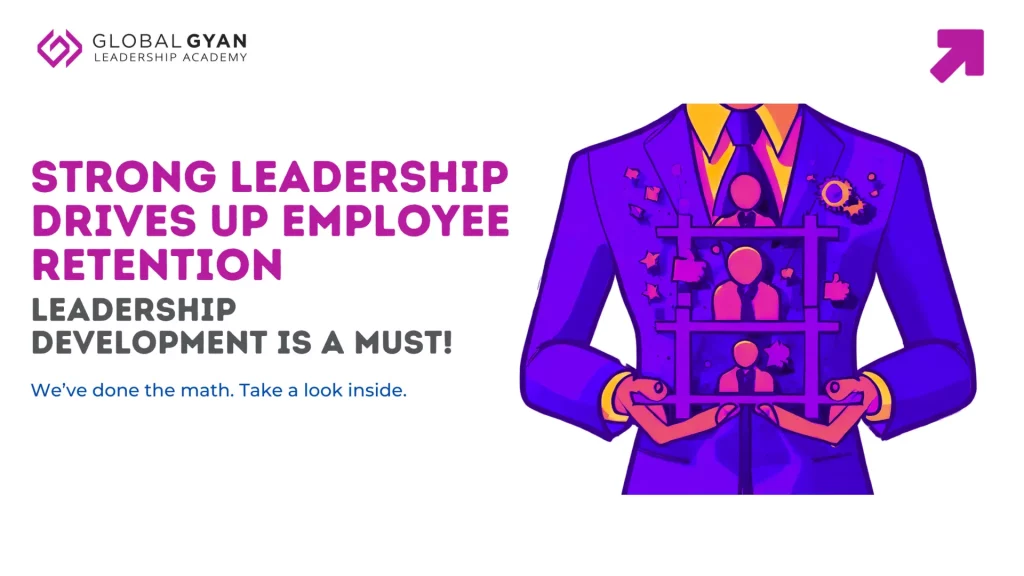How to Recognise & Reward Excellence Properly?


Employees thrive on recognition. And companies thrive on employees. By applying the theory of transitive laws in this scenario, one could say that companies need to establish novel recognition and rewards systems to meet two fundamental business goals: a) make employees feel valued (and happy); and b) drive success through sustained excellence. Two birds, one stone.
In this article, we will cover:
Five tried and tested reward systems to bolster your team’s productivity as a first-time manager.
According to a McKinsey Quarterly survey, 70% employees across several sectors in the US listed “praise from immediate managers” as the top noncash motivator for staying long-term at their organisations. For a first-time manager (FTM), this may seem like a daunting challenge. You may begin to think:
- Am I worthy enough to appreciate my team members?
- Will they take my praise and criticism in the right spirit?
- Even if I figure all this out, how can I inspire my team to put their best foot forward?
These nonfinancial motivators play critical roles in making employees feel that their companies value them, take their well-being seriously and strive to create opportunities for career growth.
– McKinsey Quarterly Survey
Let us give you the good news: you are not alone. Time and time again, history has shown us that teams that weather the storm together, reap the glories of success together. And as the captain of this ship, you are responsible for orchestrating the how.
To assist with the how, learn this: you’re one of the few people in your organisation with reward power, i.e. the power to keep your team motivated through rewards; wield this weapon wisely to smash those performance metrics. Now that we’ve laid down the facts, let’s dive into five tried and tested reward systems to bolster your team’s productivity.
1. Recognition Boards:
Rewarding excellence on a public platform is more than just a gesture—it is an investment the manager makes in rejuvenating their team’s morale. Recognition boards serve as a powerful motivational tool; one that transcends beyond a pat on the back.
A new manager, Vidya, enrolled in one of our FTM programmes, once shared an intriguing workplace anecdote, “When I started out, I made it a point to set up an appreciation board in the middle of my team’s workspace. Every month, I would put up a name on it and call on the team to attend a small felicitation ceremony, where the winner would share the ups and downs of their journey in the project thus far. The floor would then reverberate with applause, and one could feel the contagious enthusiasm in the air to meet targets quickly. I was surprised to see that this crafty strategy increased productivity in our next iteration by as much as 31%”!
Public appreciation not only validates one’s hard work but also sets a standard for others to strive for excellence. Vidya ended her speech by adding, “With recognition boards, I was able make a statement subtly: ‘I value dedication and exceptional performance the most within my team’, and that resonated with their value system”.
2. Team Celebrations:
Teamwork makes the dream work. And while the dream is to achieve certain goals and objectives, don’t forget to celebrate the milestones along the way. One often associates the term “celebration” with an opulent event, but that needn’t always be the case. Even something as intimate as a pizza party counts as a team celebration! Office parties and team outings can be a great booster making your team members go the extra mile.
High-performing teams receive 72% more praise from colleagues and 79% more praise from managers.
– Harvard Business Review

A head’s up here: as a manager, it is important to be mindful of the personalities across your team. For example, the more introverted eggs may hesitate to give a public thank-you speech. Or, in case you are managing a global team, it would be prudent to keep a list of cross-cultural faux pas handy. The general rule of thumb here is to ask your team what [type of celebration] works best for them.
3. Peer-to-Peer Recognition:
According to a survey by SurveyMonkey, 82% employees are happier when recognised at work. While any kind of recognition is more impactful when coming from a superior or supervisor, let’s not forget, your peers are often your biggest cheerleaders too. As a new manager, you can implement novel peer-to-peer recognition exercises among team members, even if just as a means to foster teamwork and team bonding.
Peer-to-peer recognition encourages co-workers to come out in the open and express genuine appreciation for each other. An SHRM research reported that peer recognition programmes directly impact your financial results by 35.7%, and therefore, your bottom line as well. These exercises can range from LinkedIn endorsements to thank you cards and handwritten notes, and even an elaborate podcast between two colleagues. As a Fortune study succinctly puts it, “You need to have work that challenges you, a sense of progress, no fear, autonomy, and belonging. Belonging can be defined as having a “best friend” at work, but being recognized by peers for your contributions provides a more meaningful sense of belonging.”
4. Flexible Working Options:
Here’s an interesting statistic for you: according to an Inc.com poll, the average worker is productive for less than 3 hours, or 37%, in the conventional 8-hour workday. Rewarding top performers with remote work, compressed workweeks and flexible work schedules goes beyond merely acknowledging their work. It involves offering meaningful benefits that resonate with their needs. You send out yet another statement to your team members: ‘Your hard work is not only recognised but also accommodated within the work environment’.
Moreover, Ashley Whillan, an associate professor at Harvard Business School, says, “With most of today’s employees, you’re trying to help instill intrinsic motivation, so they feel motivated to put in more effort out of enjoyment for what they do and appreciation for their jobs, rather than feeling extrinsically motivated by cash alone.”
The icing on the cake is that remote work offers several benefits to companies too. Dell, for instance, has been the recipient of numerous “Best Place to Work” awards. The technology giant tapped into flexible work culture (informally) way back in 2009 and has not stopped since. The result? They have saved $12 million annually since 2014—and set a precedent for others to follow; their motto being, “Work is what you do and not a place you go.”
5. Professional Development Opportunities:
According to a Gallup poll, 87% of millennials, who make up for the majority of today’s workforce, rate “professional and career growth and development opportunities” as an important parameter in their job roles.
Working professionals are constantly in the process of upskilling, be it for a new job or growing in their current roles. The fact that their manager not only cares but is also equally invested in their growth, strikes an endearing chord with them. This sense of gratitude will drive your team members to be loyal to you and your organisation, as well as be productive, as they learn the latest techniques to excel at their roles.
In essence, you are developing an employee-centric approach for your team, which can transcend to become organisational pillars (if they aren’t already) and this will, in turn, ensure higher employee retention and productivity.
A motivated team is the core of a successful team. In order to efficiently manage a successful team, it is important to give the team members their due credit. Have you tried any of these strategies in the past? Let us know which ones worked for you!







